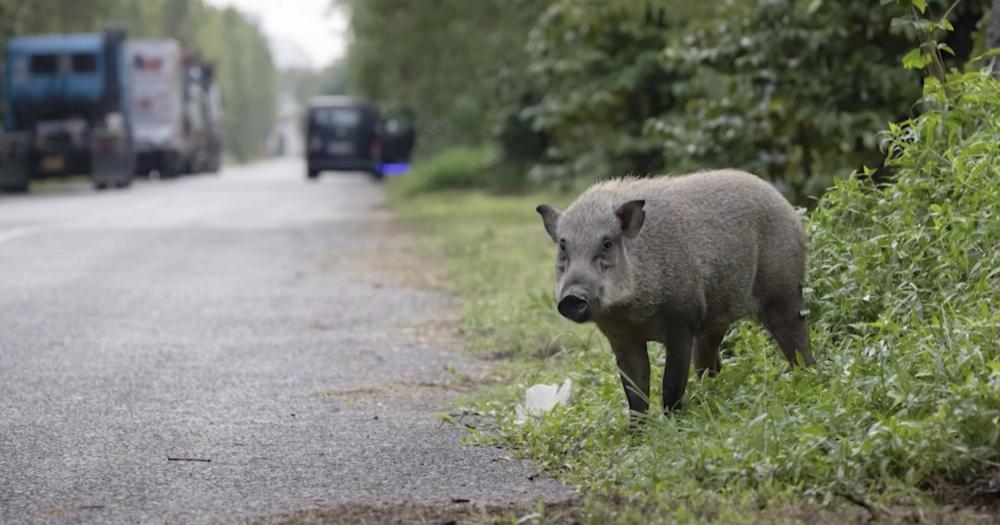Follow us on Telegram for the latest updates: https://t.me/mothershipsg
A wild boar carcass found in the northwest part of Singapore is confirmed to be infected with African Swine Fever (ASF) virus.
The National Parks Board (NParks) made this announcement on Feb. 7 in a press release.
What is African swine fever?
According to research by the World Organisation for Animal Health (WOAH) in 2019, ASF affects domestic and wild pigs of all ages and sexes.
Pigs and wild boars infected with ASF usually die from hemorrhagic fever.
This virus is common in African countries and has started spreading progressively through the years.
ASF has been the cause of an epidemic among pigs. According to WOAH, ASF has been reported in 45 countries as of January 2020, and around 1.9 million pigs and boars died from ASF-related causes.
Various pork products overseas have also been recalled from the shelf due to ASF, causing a pork shortage in the market.
There is no vaccination for ASF yet.
However, NParks assured that ASF only affects wild boars and pigs. The disease is not zoonotic, meaning that it does not infect humans and is not a risk to public health.
Public not to feed or approach wild boars
NParks has a biosurveillance system in place to quickly detect animal diseases, including ASF.
It encouraged members of the public who happen to spot a wild boar to observe them from a distance and not to get close to them or feed them.
The public is also reminded to stay on designated trails when visiting areas like nature reserves, parks, and other green spaces which wild boars can be found in.
NParks added they are also "closely monitoring the health of wild boars in these areas."
Additionally, members of the public are advised not to touch or pick up any sick or dead animals.
Anyone who encounters sick or dead animals should call the Animal Response Centre at 1800-476- 1600 to report these sightings.
Top image via NParks
If you like what you read, follow us on Facebook, Instagram, Twitter and Telegram to get the latest updates.
